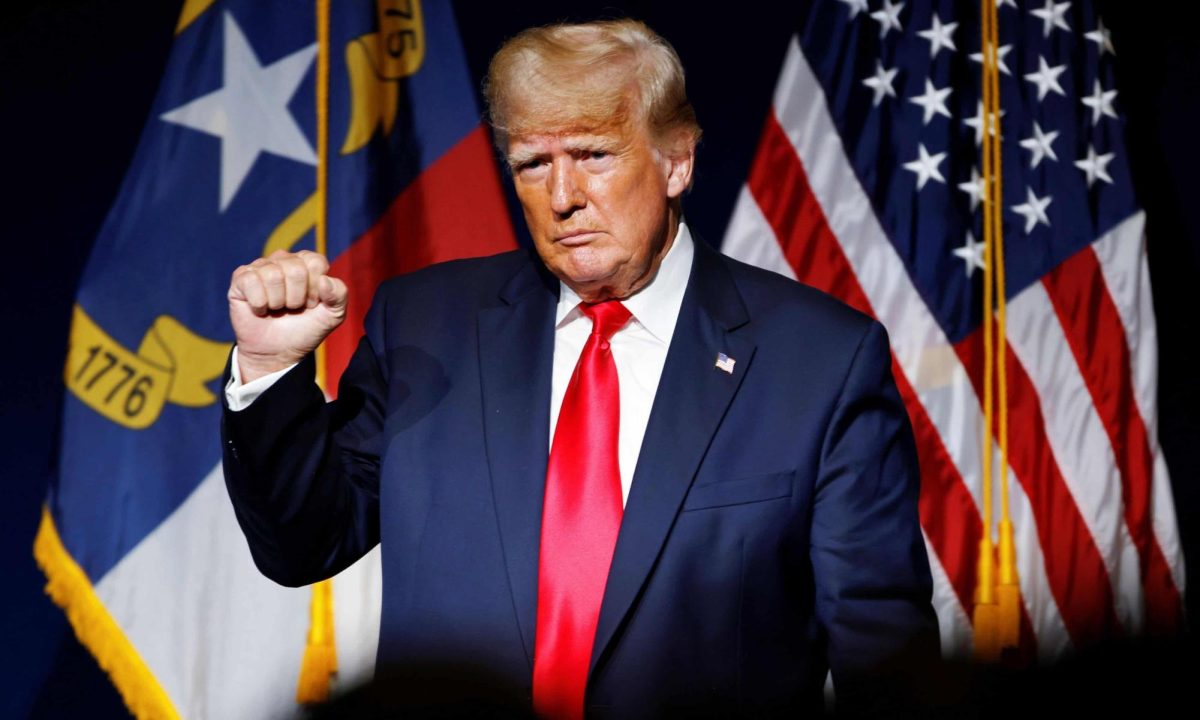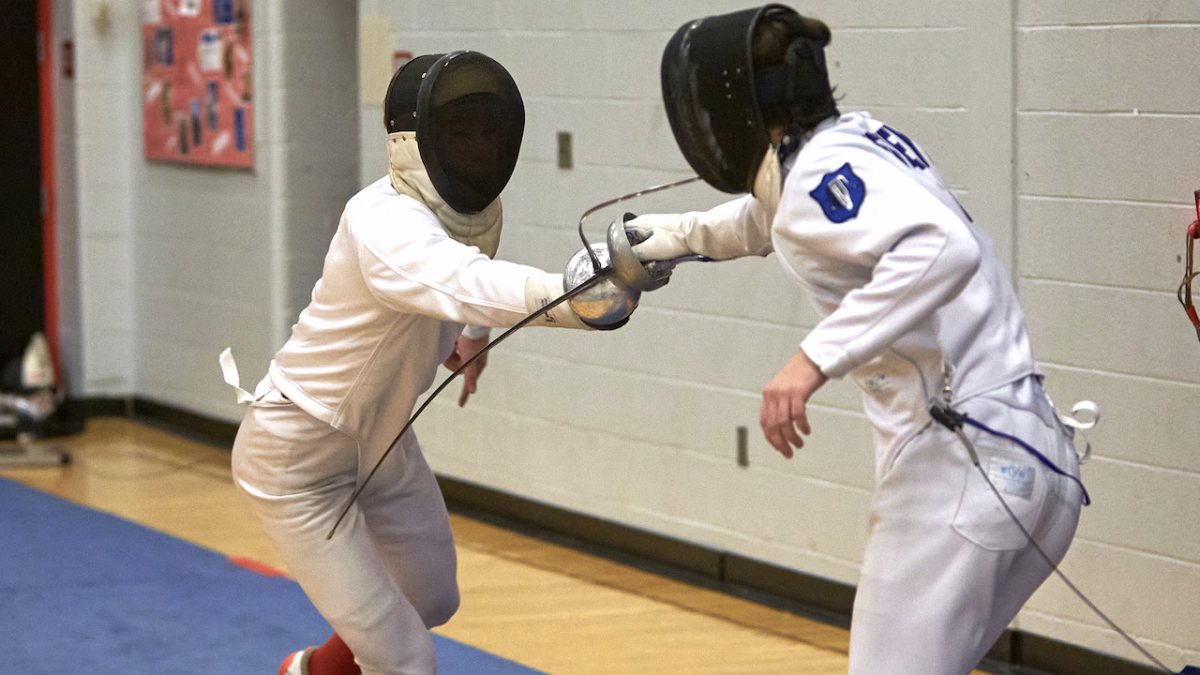Paul Ryan Leaves and The Party Belongs to Trump
April 13, 2018
This week Speaker of the GOP-controlled House of Representatives Paul Ryan announced his plans not to run for reelection and end his political career in January. His retirement cements the Republican party as the party of President Donald Trump. It’s expected that the position will be contested between majority leader Kevin McCarthy and majority whip Steve Scalise.
Ryan’s career was catapulted into the spotlight when he was cast as Mitt Romney’s choice for Vice President in 2012; after John Boehner’s retirement in 2015 he was forced to reluctantly accept the position of Speaker of the House. With this wide-reaching podium Ryan did not hold back in attempting to reel in his party away from the ideology of Trump, voicing criticism and refusing to defend the future President in the darkest hours of his campaign.
But when Trump was elected, Paul Ryan made peace with the President, looking the other way when it came to Trump’s daily indiscretions in order to effectively legislate. The legislation he achieved was, in fact, in line with what he wanted his whole career, achieving tax cuts and boosting military funding, but the price was great. Republican voters no longer seemed to care about the conservative ideology preeminent in the party since Reagan and instead demanded loyalty to the President, and as Congressmen of the GOP caved to that pressure, the party was irreversibly handed over to Trump.
His retirement comes ahead of a midterm election wherein analysts and onlookers see omens of a Democratic wave. This national tide, evidenced in generic-ballot polling, has led 38 Republicans to refuse to seek reelection, among them our own Congressman from the New Jersey 11th District, Rodney Frelinghuysen. Ryan, however, tells the Patriot Press that his retirement was motivated by the desire to be with his family, which is a sentiment he has voiced consistently over his career. However, his decision only further worsens the electoral position, as well as the confidence, of the Republicans in the House.
“I think it’s a respectable thing for Paul Ryan to want to spend more time with his family, things like that are more important than a career in politics anyway,” says senior Carly Sklar. Fellow senior Sam Reyzelman laments the end of Ryan’s career, telling us that “it’s a great loss.”
Meanwhile, it’s become evident that Republican politicians are no longer hesitant to align themselves with the controversial President. In 2016, several high profile Republican senate candidates faced the difficult choice of siding with, or distancing themselves from, Donald Trump. But in Wisconsin and Pennsylvania, the senate candidates that sided with Trump reaped the benefits of his victory, while those that distanced themselves from him in New Hampshire and Virginia saw defeat. Learning the lesson that the party base is firmly with the President, GOP Congressmen are almost unanimously minions of the President at this point.






